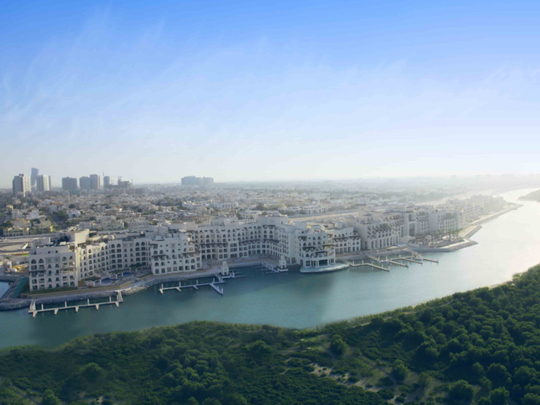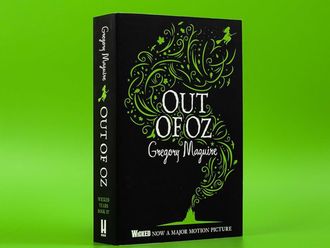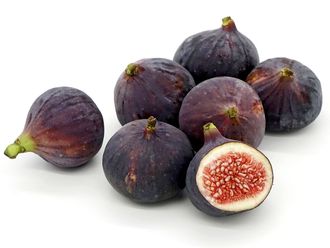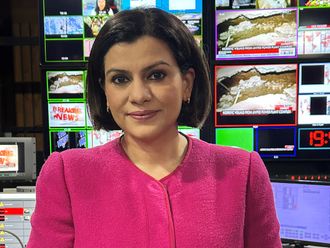
Biodiversity refers to the variety of living species on earth, including humans, plants, animals, bacteria … etc. It is essential to boost ecosystem productivity where each species, no matter how small, all have an important role to play.
In our modern societies, many species are being threatened with extinction due to human activities, putting the earth’s wonderful biodiversity at risk.
Thus, the theme of this year’s World Environment Day (WED), celebrated on June 5 every year, is “Time for Nature”. That means a focus on biodiversity and its role in providing the necessary infrastructure that supports life on earth and human development.
Biodiversity (conservation and development of wildlife) has received considerable and early attention in GCC countries and UAE especially, reflected in the tremendous efforts made by the country and its significant achievements in this area, from enacting legislation and monitoring its implementation, establishing and expanding protected areas, to protecting, breeding and reintroducing endangered species into their natural habitats
This is a timely occasion and brilliant theme amid the global pandemic. In fact, diseases passed from animals to humans are on the rise. This rise is closely interconnected to biodiversity and the health of ecosystems.
According to the report IPCC, 2019: Climate change and land, humans have severely altered 75% of land on the planet, and 66% of oceans.
Disturbed habitats
Unsustainable forms of development based solely on greed lead to habitat loss, deforestation, global heating, toxic pollution, air pollution, water pollution, land pollution. The list goes on.
As a result, natural habitats are disturbed and this enables pathogens in wildlife reservoirs to spread more easily to livestock and humans.
Some of these zoonotic diseases don’t make the animal sick but will sicken humans. Zoonotic diseases range from minor short-term illness to a major life-threating illness.
Recent years have seen the emergence of several zoonotic diseases such as Ebola, bird flu, Middle East respiratory syndrome, and Zika virus disease. The pathogens that cause these diseases have wildlife reservoirs that serve as their long-term hosts.
Many of the zoonoses (infectious diseases) are trans-boundary diseases; they spread across borders from their origin, to impact on trade, industry and tourism with devastating economic consequences.
Thus, WED is a golden opportunity to let more people become aware of these issues and threats. The more people become aware of the issues surrounding biodiversity and the importance of conservation, the more general awareness and the understanding of a need for action will spread.
We are called to respond on many levels, to act collectively to end the global health crisis. WED alerts us of the bigger issue, which is, biodiversity protection as the only way to stop these types of pandemics.
On WED, let’s move the conversation to actions that individuals, corporates and governments can take to safeguard the natural world, and help restore ecosystems and ecological balance.
If there is one lesson that humanity has learnt from the coronavirus pandemic is that “we are living beyond the carrying capacity of the planet so we are putting the nature and human health at risk”.
Thus, mankind needs to take a new path for development that is sustainable, smart and less polluting. We need to respect biodiversity and live lightly and in harmony with nature.
Natural habitats
Needless to say, our grandfathers in the Arabian Gulf managed to live in harmony with harsh natural conditions for centuries.
Recently, the issue of biodiversity (conservation and development of wildlife) has received considerable attention in GCC countries and UAE especially, reflected in the tremendous efforts made by the country and its significant achievements in this area, from enacting legislation and monitoring its implementation, establishing and expanding protected areas, to protecting, breeding and reintroducing endangered species into their natural habitats.
More coordinated efforts between GCC countries are essential in environment and biodiversity especially as they share the same environmental problems and biodiversity challenges.
A stunning fact: An estimated 7 million people die each year from causes related to air pollution. There is no doubt that biodiversity conservation means addressing the current coronavirus pandemic and protecting ourselves against future global health crisis.
On World Environment Day today, let us unite to protect our fragile environment. Environment has the power to unite us all in our fight against COVID-19, help us achieve sustainable development and improve quality of life for our current and future generations.
WED is the right opportunity to tell humanity: It is time to wake up. It’s time to build back greener economies for people and the planet. It’s time for nature.
Dr Mohamed Abdel Raouf is an independent environmental researcher.









